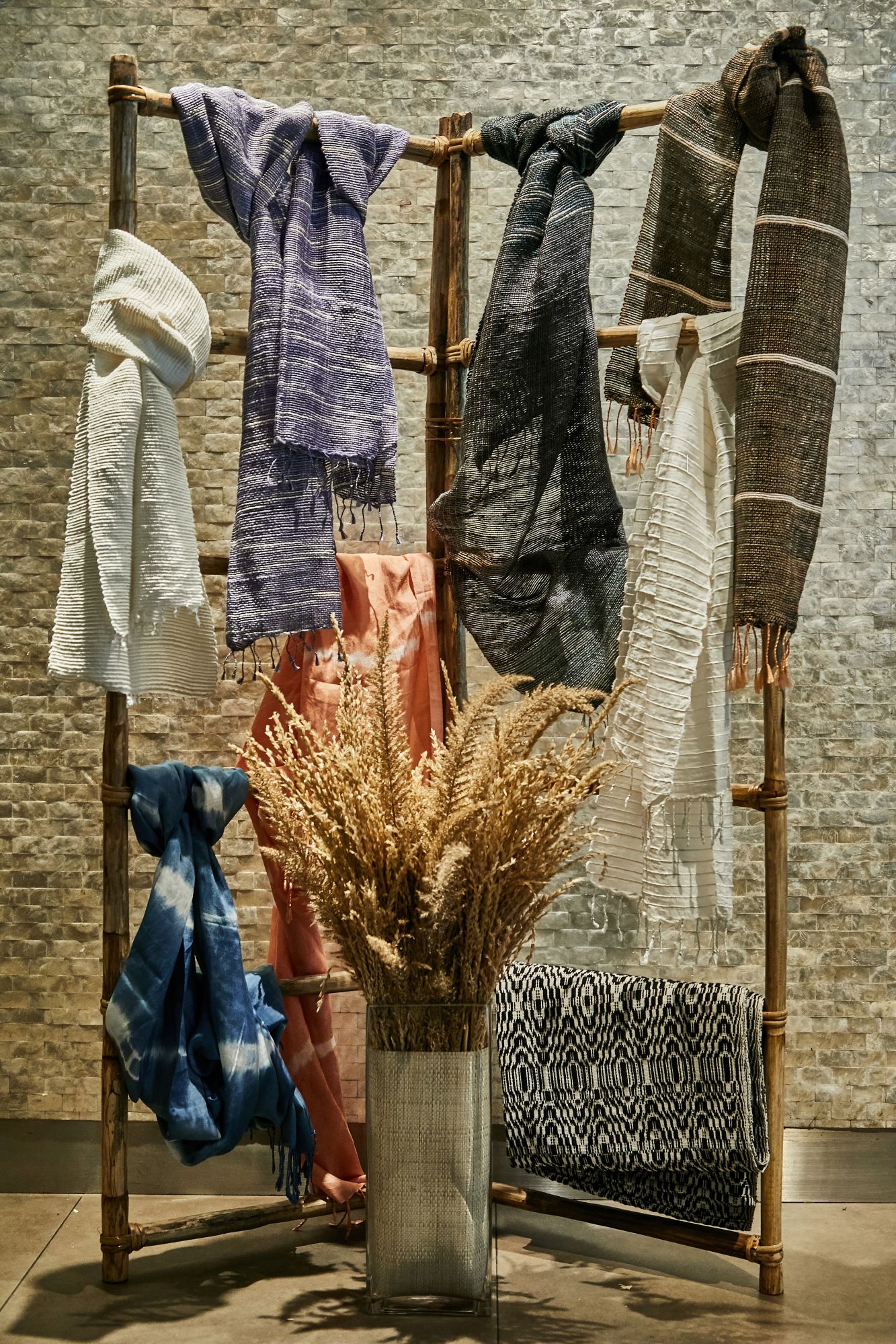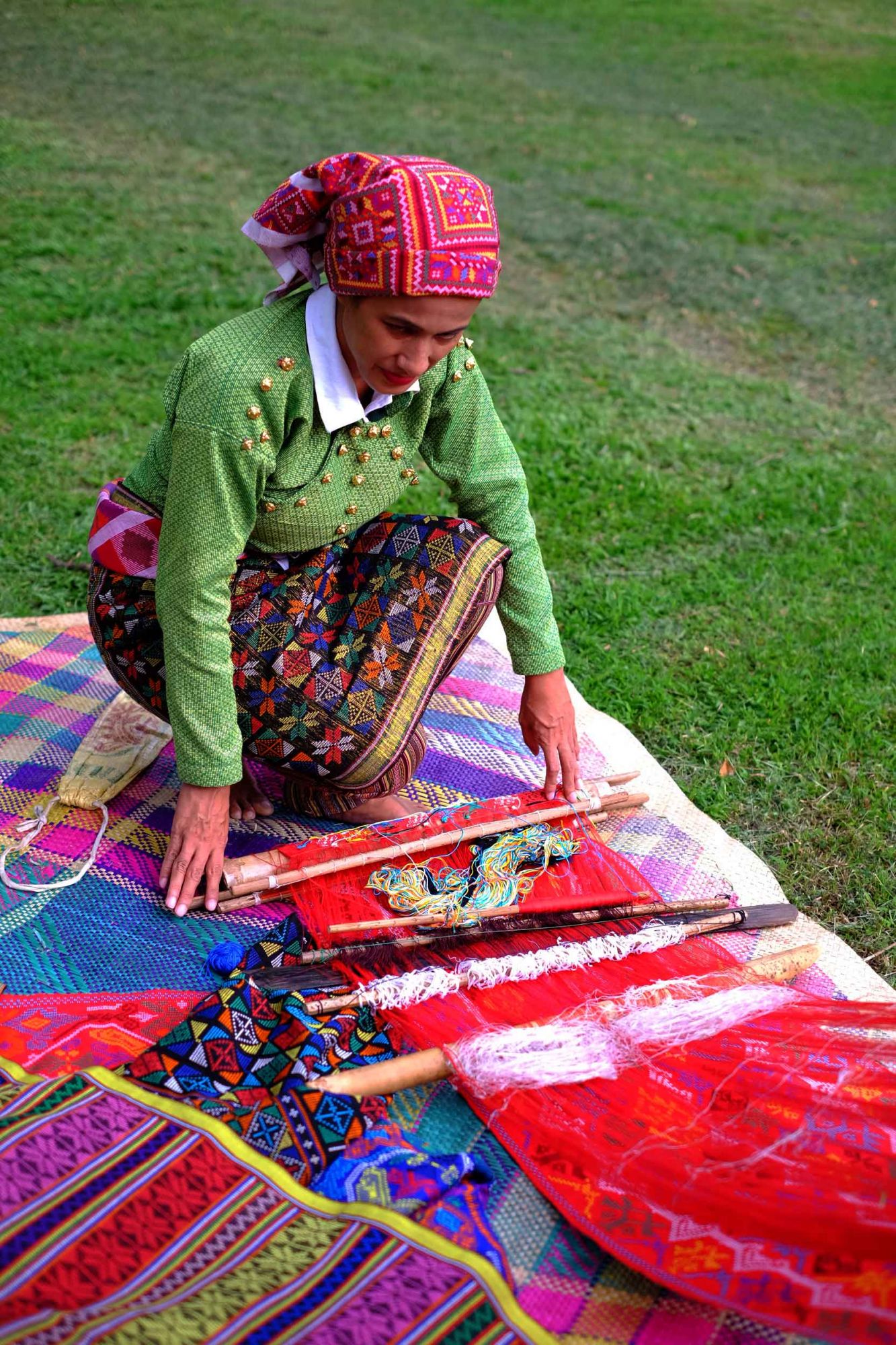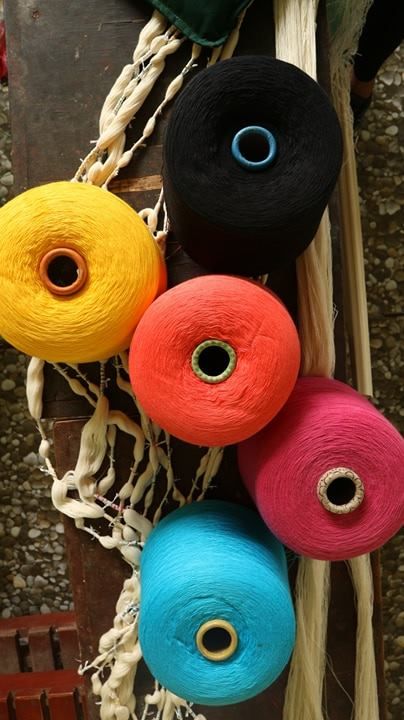Expect to see the finest in Philippine-made textile products as the annual market fair of HABI, The Philippine Textile Council returns on its 8th year
Dubbed as "Woven Voyages: 8th Likhang Habi Textile Fair 2018", the three-day event pays tribute to the country’s traditional weavers who hail from communities supported by HABI. Their unique skills in weaving fabrics were given tremendous exposure during the previous fairs and this expertise has since become a viable source of income for them. The fair will take place at the Activity Area of the Glorietta Mall in Ayala Center, Makati City on October 12 to 14, 2018.
Organised by HABI,The Philippine Textile Council–a nonprofit organization–the fair is designed to showcase the artistry of the country’s indigenous weavers. HABI co-founder Maribel Ongpin revealed that more than 80 exhibitors will take part in the event, making it HABI’s biggest trade fair to date. And for the first time, the show will include textile exhibitors from the ASEAN region, namely, the weaving communities of Brunei, Indonesia, Myanmar, Malaysia, and Vietnam.

HABI is placing special emphasis on products made of natural fabrics and will include the colorful merchandise of established brands that use the fabrics made by the weavers. To entice shoppers are the fashionable bags adorned with the resplendent cloth made by the Yakans of Basilan. Not to be outdone are the hand-woven blankets, covers, and napkins from the Ilocos region. Toys and novelty items made by local craftsmen should also be popular for early Christmas shoppers.
Among the exhibitors are established brands and manufacturers such as Rurungan sa Tubod Foundation, Interweave, Yakang Yaka, Manila Collectible, Casa Mercedes, Filip+Inna, Gifts & Graces Foundation, Good Luck, Humans, La Herminia Piña, Liwayway Handicraft, Creative Definitions, Kalinga Weaving, Ayala Foundation, Inc., and items by noted Filipina artist and designer Ditta Sandico.
HABI advocates the uplifting of the country’s indigenous weavers from places as diverse as Kalinga, Ifugao, Mindoro, and Basilan. It has done so by convincing them to use natural fabrics. It was explained to them how using natural fabrics in lieu of synthetic ones, will improve quality, increase the value of their works, lower their carbon footprint, and enhance the sustainability of their livelihood.


